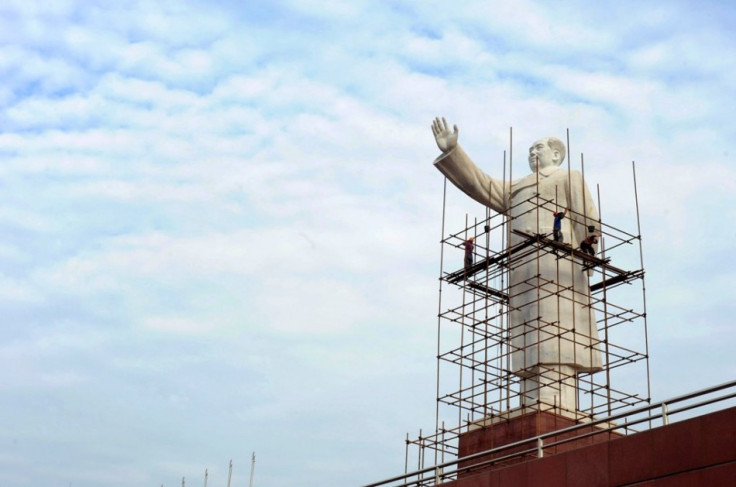China Sets November Date for Key Communist Party Meeting

China's Communist Party will hold a key meeting of senior party officials on 9-12 November, the official Xinhua news agency said, when China's new leaders are expected to detail the nation's economic agenda for the next decade.
Historically, such meetings, known as third plenums, have served as a launch pad for economic change in the world's second largest economy.
As such, analysts and market participants expect the government to table reforms that would boost growth in China, which recorded a growth slowdown in the third quarter.
The Xinhua report did not elaborate on the meeting's agenda. However, it said that where conditions for reform are ripe, change must be rolled out quickly, reported Reuters.
The meeting "must be a new historical beginning that comprehensively deepens reforms," Xinhua said on 29 October.
Earlier in the week, the Development Research Centre, an influential think-tank linked to China's cabinet, called for reforms in eight vital areas: finance, foreign investment, governance, innovation, land, social welfare, state assets and taxation.
However, it is still unclear if the aforementioned suggestions would be discussed at the meeting.
Last weekend, Yu Zhengsheng, the fourth-ranked member of the elite Politburo Standing Committee of the Communist Party, said the plenum would introduce "broad" and "unprecedented" reforms.
The meeting could simplify the land and home registration systems and could also introduce long-awaited reforms to China's disparate pension system.
In September, people familiar with discussions about the meeting said that only financial reforms had gathered enough support.
Reforms Push
China's leaders want to guide the world's most populous nation away from debt-driven investments, in infrastructure and property, and towards a more sustainable path.
Beijing has announced measures to reduce red tape countrywide and implemented a series of market reforms to boost economic growth.
However, the government is treading with caution when it comes to radical reforms.
Analysts from top government think-tanks say the room for reform is limited in China as any dramatic shift in policy could exacerbate a growth slowdown and push the government to revert to tightly controlled market conditions.
© Copyright IBTimes 2025. All rights reserved.






















